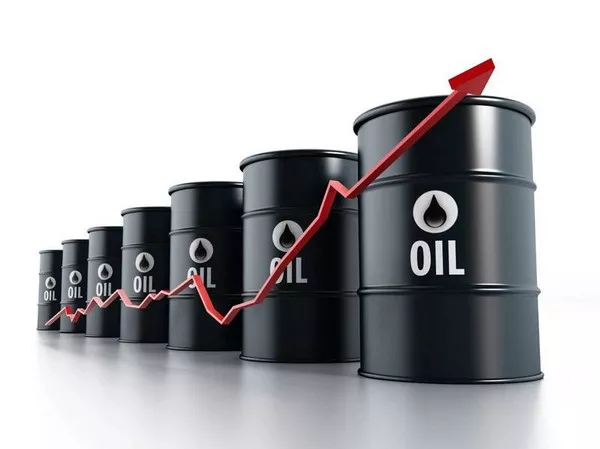Crude oil futures in Asian trading hours on Thursday showed signs of stabilization, following a week marked by significant volatility. April 2025 ICE Brent futures were trading at $74.67 per barrel at 0745 GMT, a slight increase compared to Wednesday’s settle of $74.61. Meanwhile, March 2025 NYMEX WTI futures were at $71.11 per barrel, compared to the previous session’s close of $71.03.
Market Trends and Concerns
Despite the modest uptick in oil prices on Thursday, the oil market has been under pressure this week due to various factors, with prices dropping about 2% in the previous session. Two main issues have contributed to this downward movement:
US-China Trade War Concerns
The escalating US-China tariff standoff remains a key concern for the global oil market. The potential for this trade dispute to undermine global GDP growth raises fears that it will dampen oil demand for the remainder of the year.
In particular, China’s retaliatory tariffs include surcharges on US energy supplies. However, Goldman Sachs believes the immediate impact on oil fundamentals will be limited, with the main effect being rerouted shipments rather than shortages in supply.
Rising US Crude Inventories
A major drag on oil prices has been the steep rise in US crude inventories. According to the latest data from the EIA, US crude stocks surged by 8.6 million barrels, despite higher refinery throughput.
Additionally, gasoline stockpiles grew by 2.2 million barrels, approaching the January peak for the year. Over a span of 12 weeks, gasoline inventories have ballooned by over 44 million barrels.
Other Market Drivers
While the trade tensions and inventory build-up have weighed on prices, other factors have added complexity to the market:
US-Iran Tensions
Another significant driver was the US executive order aimed at reinstating “maximum pressure” on Iran. The US move threatens to cut Tehran’s oil revenues to zero unless a nuclear deal is reached.
This announcement led to a brief surge in crude benchmarks by more than $2 per barrel when the news broke on Tuesday, but prices have since retreated as broader demand concerns and bearish sentiment took hold.
US Arctic Blast Impact
The Arctic blast in the US last week led to a sharp 5 million barrel decline in distillate stocks, which fell to 118.48 million barrels, their lowest level in six weeks. This data indicated a tightening of supply in certain refined products.
Saudi Aramco’s Price Hike
Further complicating the market dynamics, Saudi Aramco raised the Official Selling Price (OSP) for its crudes, including the flagship Arab Light for March loadings. The hike in prices reflects the growing demand for Middle Eastern crude as the market seeks alternatives following the US sanctions on Russia, which have primarily targeted Moscow-controlled shipping—a key supplier to refineries in China and India.
Looking Ahead
While crude oil prices have steadied slightly today, ongoing trade tensions, concerns about global demand, and geopolitical developments in Iran and Russia will continue to influence market movements. With the US crude inventory levels showing significant builds and continued uncertainty surrounding global oil supply and demand, the outlook for the short term remains volatile.
Related topics:


